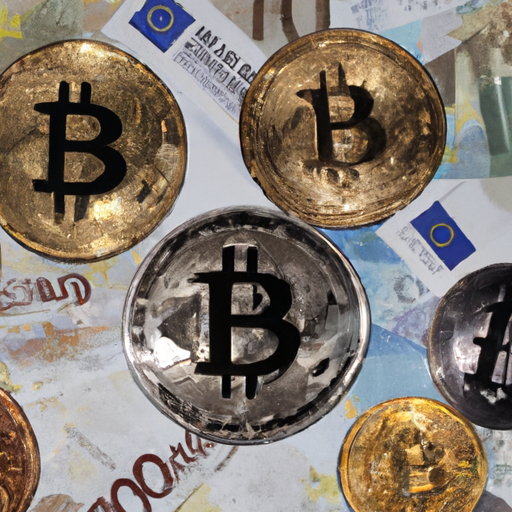One year ago today, El Salvador announced an ambitious plan to begin adding 1 Bitcoin per day to its national treasury.,H1: El Salvador Adds 1 Bitcoin Per Day to Its National Treasury
H2: The Ambitious Plan of El Salvador
In a significant move that captured the attention of the global crypto community, El Salvador announced one year ago today that it would be adding 1 Bitcoin per day to its national treasury. This ambitious plan was aimed at embracing cryptocurrencies and marking a significant milestone in the adoption of Bitcoin as legal tender in the country.
El Salvador’s decision to incorporate Bitcoin into its economic ecosystem was driven by the belief that cryptocurrencies would contribute to financial inclusion and stimulate economic growth. The country recognized the potential benefits of embracing digital currencies, particularly for its large unbanked population and the reduction of remittance costs.
H2: Bitcoin Adoption as Legal Tender
El Salvador’s President, Nayib Bukele, signed the Bitcoin Law in June 2021, making it the first country in the world to adopt Bitcoin as legal tender. As a result, Bitcoin became an official currency alongside the U.S. dollar in the country. The government’s decision was met with both excitement and skepticism, as it marked a significant milestone for Bitcoin’s global acceptance.
This groundbreaking move attracted the attention of crypto enthusiasts, investors, and international organizations like the International Monetary Fund (IMF) and the World Bank. The decision also sparked a global debate on the potential benefits and risks associated with Bitcoin adoption by a sovereign nation.
H2: Impact on El Salvador’s National Treasury
El Salvador’s plan to add 1 Bitcoin per day to its national treasury aimed to increase the country’s Bitcoin reserves and potentially boost its value over time. The announcement created a buzz in the crypto community, as it signified a significant example of institutional adoption of Bitcoin.
The government’s decision to accumulate Bitcoin holdings as a reserve asset aligned with the belief that cryptocurrencies could provide a hedge against inflation and currency devaluation. The move was expected to diversify El Salvador’s financial assets and potentially create new avenues for economic growth.
H2: Criticism and Challenges
El Salvador’s plan to add Bitcoin to its national treasury faced criticism and challenges on multiple fronts. Critics expressed concerns about the potential volatility and associated risks of holding a significant amount of Bitcoin. They also questioned the transparency and accountability in managing the Bitcoin reserves.
Additionally, concerns were raised about the environmental impact of Bitcoin mining, as the process consumes substantial amounts of energy. The increased demand for Bitcoin mining could exacerbate the global energy consumption associated with Proof-of-Work algorithms.
H3: Conclusion
El Salvador’s decision to add 1 Bitcoin per day to its national treasury one year ago marked a significant milestone in the adoption of cryptocurrencies. The move aimed to leverage the potential benefits of Bitcoin adoption as legal tender, including financial inclusion and reduced remittance costs.
While the plan faced criticism and challenges, it also brought global attention to the role of cryptocurrencies in reshaping financial systems. El Salvador’s experience serves as an important case study for other countries considering similar initiatives.
As the journey continues, the impact of El Salvador’s decision on its national treasury and the broader economy will be closely monitored. The ongoing developments in the country will provide valuable insights into the potential benefits and challenges of integrating cryptocurrencies into traditional financial systems.
Video Frame: [Insert video frame here, if applicable]
Final Output:
El Salvador made headlines one year ago with its ambitious plan to add 1 Bitcoin per day to its national treasury. The decision to adopt Bitcoin as legal tender marked a significant milestone in the adoption of cryptocurrencies, with the aim of promoting financial inclusion and economic growth. However, the plan also faced criticism and challenges, particularly regarding the potential volatility of Bitcoin and the environmental impact of mining. Nonetheless, El Salvador’s journey serves as an important case study for other countries considering similar initiatives, as the impact on its national treasury and the broader economy continues to unfold.



